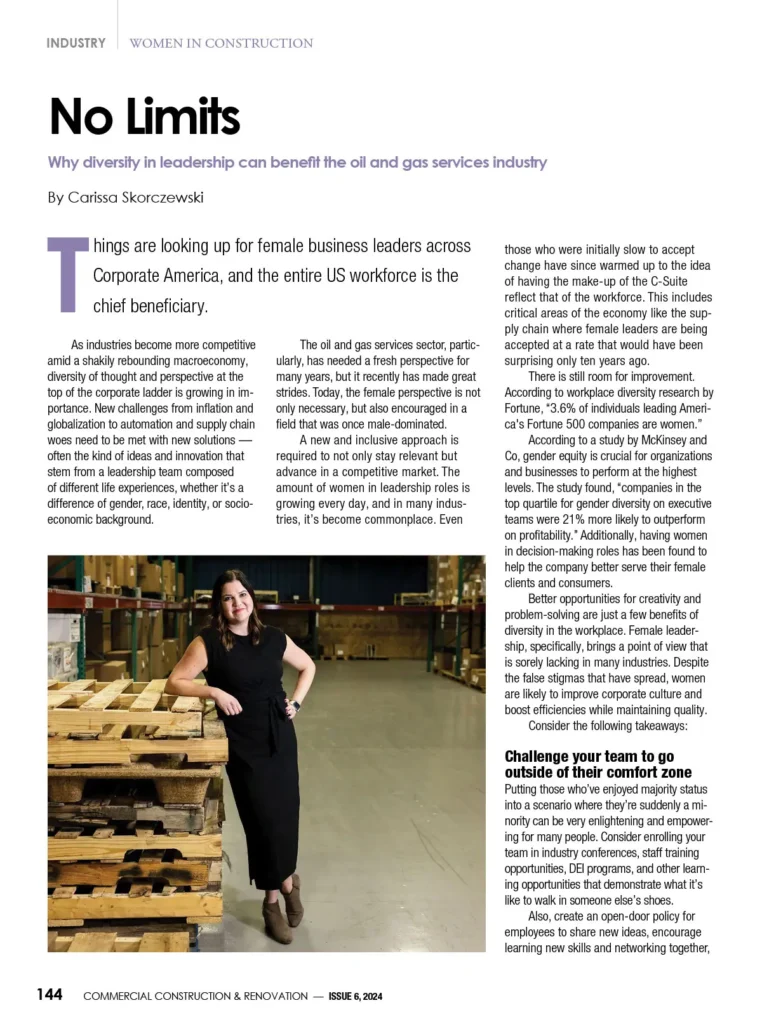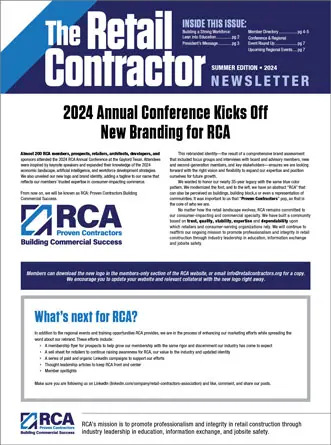Engineering is a field that thrives on innovation and constant evolution. To stay ahead in this competitive sector, engineers must actively seek opportunities for professional growth and development. Advancing in your engineering career means more than just technical expertise; it encompasses a range of skills and strategic decisions. From embracing lifelong learning to expanding your professional network, each step you take can open new doors and elevate your career to new heights. In this article, we’ll explore eight practical tips that can help you navigate your path toward a more advanced and fulfilling engineering career, ensuring you remain relevant and successful in this dynamic industry.
1. Expand Your Technical Skill Set
In the rapidly evolving field of engineering, expanding your technical skill set is crucial. This goes beyond your primary area of expertise and includes learning new tools, technologies, and methodologies relevant to the engineering field.
Stay updated with the latest software, programming languages, or technical certifications. Attend workshops and training sessions to acquire new skills. The more diverse your technical abilities, the more valuable you become in handling various projects and challenges. This continuous skill enhancement not only keeps you competitive but also opens up opportunities for innovation and leadership in your engineering career.
2. Embrace Continuous Learning
The engineering landscape is continually changing, making continuous learning not just beneficial but essential. Online learning platforms offer a plethora of courses tailored to engineers, covering everything from specific technical skills to broader industry trends.
Moreover, advancing your formal education, particularly through an engineering masters degree, can significantly impact your career trajectory. A master’s degree not only deepens your technical expertise but also expands your understanding of complex engineering concepts and practices. Online universities offer various specialized engineering master’s programs, providing the flexibility to study while you work. This advanced education can open doors to higher-level positions, increase your earning potential, and set you apart in a competitive job market.
3. Network and Build Professional Relationships
Building a strong professional network is crucial in the engineering field. Networking can lead to new job opportunities, mentorship, and collaborations. Actively participate in industry conferences, workshops, and seminars.
Join professional associations and online forums where you can connect with peers and industry leaders. LinkedIn is a powerful tool for connecting with other professionals, sharing your achievements, and staying informed about industry news.
Remember, networking is not just about meeting new people; it’s about building meaningful relationships that can support your career growth.
4. Develop Soft Skills
While technical skills are the backbone of engineering, soft skills are equally important. Skills like communication, teamwork, leadership, and problem-solving are crucial in navigating the complexities of modern engineering projects. Work on improving your public speaking, active listening, and collaboration skills.
These soft skills can enhance your ability to lead teams, manage projects, and communicate effectively with clients and stakeholders. Engaging in team-based projects, attending leadership workshops, and even volunteering for cross-functional roles can help you hone these essential skills.
5. Gain Diverse Experience
Diversifying your experience is crucial in the field of engineering. Embrace opportunities across different sectors, projects, or disciplines to broaden your skill set. This exposure to varied environments not only enhances your technical abilities but also gives you a richer understanding of how different teams and industries function.
Adaptability and versatility, which come from such diverse experiences, are highly valued in the engineering job market. These experiences also help in understanding various problem-solving approaches, fostering a more comprehensive engineering mindset. By stepping out of your comfort zone and taking on diverse challenges, you become a more well-rounded and sought-after engineer.
6. Stay Curious and Innovative
Innovation and curiosity are at the heart of engineering. Develop a habit of continuously seeking new knowledge and better solutions. Stay informed about emerging technologies and consider how they can be integrated into your field. Participating in hackathons, joining innovation labs, or undertaking personal projects are excellent ways to nurture your innovative spirit. These activities not only keep you engaged with the latest trends but also challenge you to apply your knowledge in new and practical ways.
Cultivating this mindset can lead to significant advancements in your career and help establish you as a forward-thinking engineer.
7. Focus on Specialization
Specializing in a specific area of engineering can significantly enhance your career prospects. Identify a niche that aligns with your interests and delve deeper into it. Specialization can position you as an expert in a particular field, potentially leading to more job opportunities and higher remuneration. It also enables you to work on projects that are more closely aligned with your passion and expertise.
However, ensure that your chosen specialization is in an area with growing demand to maximize your career opportunities and ensure your specialization remains relevant and sought after. Balancing your passion with market demand is key to making the most of your specialization.
8. Seek Out Mentoring and Coaching
Mentorship and coaching are invaluable for career growth in engineering. Look for mentors who have a career path you admire or possess skills you aspire to develop. Good mentors can offer guidance, share their experiences, and open doors to new opportunities. Remember, mentorship can come from various sources, not just formal programs.
In addition to mentorship, consider professional coaching to develop specific skills or overcome career obstacles. These relationships can provide you with insights and advice that are critical for navigating the complexities of an engineering career.
Conclusion
Building a successful engineering career involves not just technical skill development but also embracing continuous learning, networking, and innovation. Specializing in a particular area, coupled with gaining diverse experiences and seeking mentorship, can significantly accelerate your career growth.
Each of these strategies contributes to developing a well-rounded, skilled professional profile. Keep pushing the boundaries of your capabilities, stay curious, and be open to new experiences and learning opportunities. By doing so, you’ll be well-equipped to navigate the dynamic and rewarding path of an engineering career.











 The 2024 virtual Men’s Round Table will be held Q4, 2024, date TBD.
The 2024 virtual Men’s Round Table will be held Q4, 2024, date TBD.












